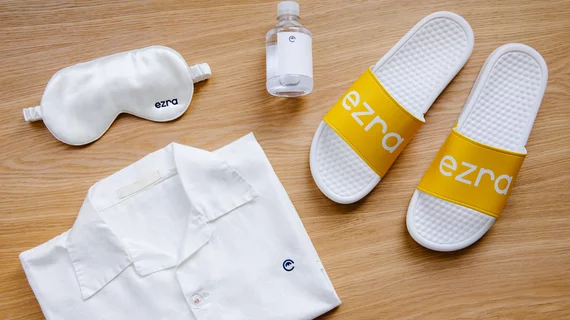Whole-body MRI startup Ezra expands service in partnership with Princeton Radiology
Whole-body MRI startup Ezra is expanding to a new major city in partnership with private practice Princeton Radiology, the companies announced recently.
The two will broaden their reach into the Philadelphia area, offering an “end to end” screening platform that uses AI to monitor images for cancer and 500 other conditions. New York City-based Ezra first announced its team-up with Princeton Radiology in May, with early success now propelling further expansion.
“The Philadelphia area is an incredibly important market for Ezra, given the diversity of its population, the healthcare infrastructure of the city, and the high rates of cancer across the state,” Emi Gal, founder and CEO of Ezra, said in a statement shared Oct. 16. “… We’ve found potential cancer in 6% of our members to date—and we are ready to continue the fight against cancer in Pennsylvania and beyond.”
In business for 60 years, Princeton Radiology employs 40 board-certified physicians working across 10 imaging centers and two hospitals in central and northern New Jersey. Ezra is now live in six of Princeton’s locations, including Newtown, Pa., and throughout the Garden State. This marks the first time Ezra is deploying its technology in Pennsylvania. The company charges $2,395 for a basic full-body scan, with the service now available across nearly 20 major markets. Ezra in February announced it had raised $21 million in financing and said at the time that it hoped to add 50 locations in 2024.
Princeton Radiology joins other imaging groups also offering full-body MRI services including Prenuvo, SimonMed Imaging and Rayus. The whole-body MRI business model has drawn criticism from some in the specialty, such as the American College of Radiology. While this practice may unearth legitimate concerns, it also is expensive and can lead to cascading additional healthcare services for potentially insignificant findings.

